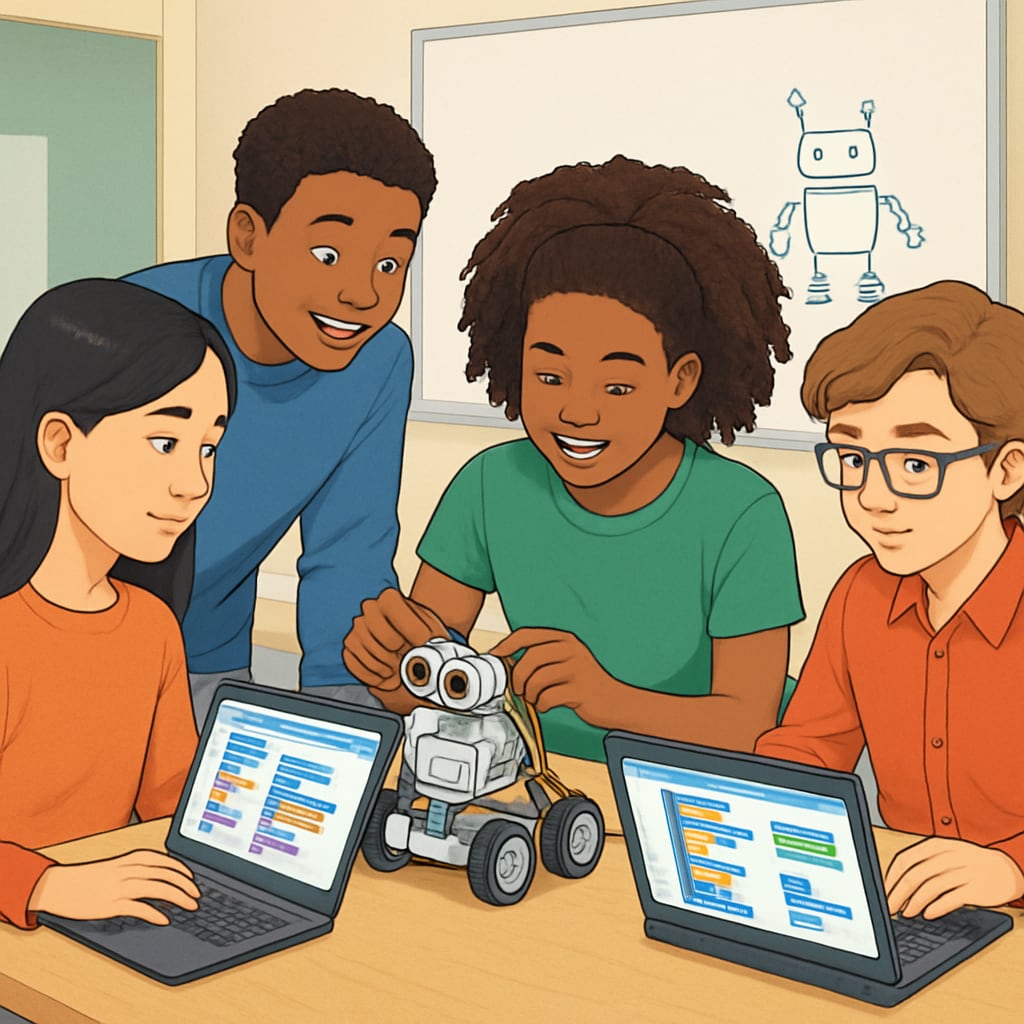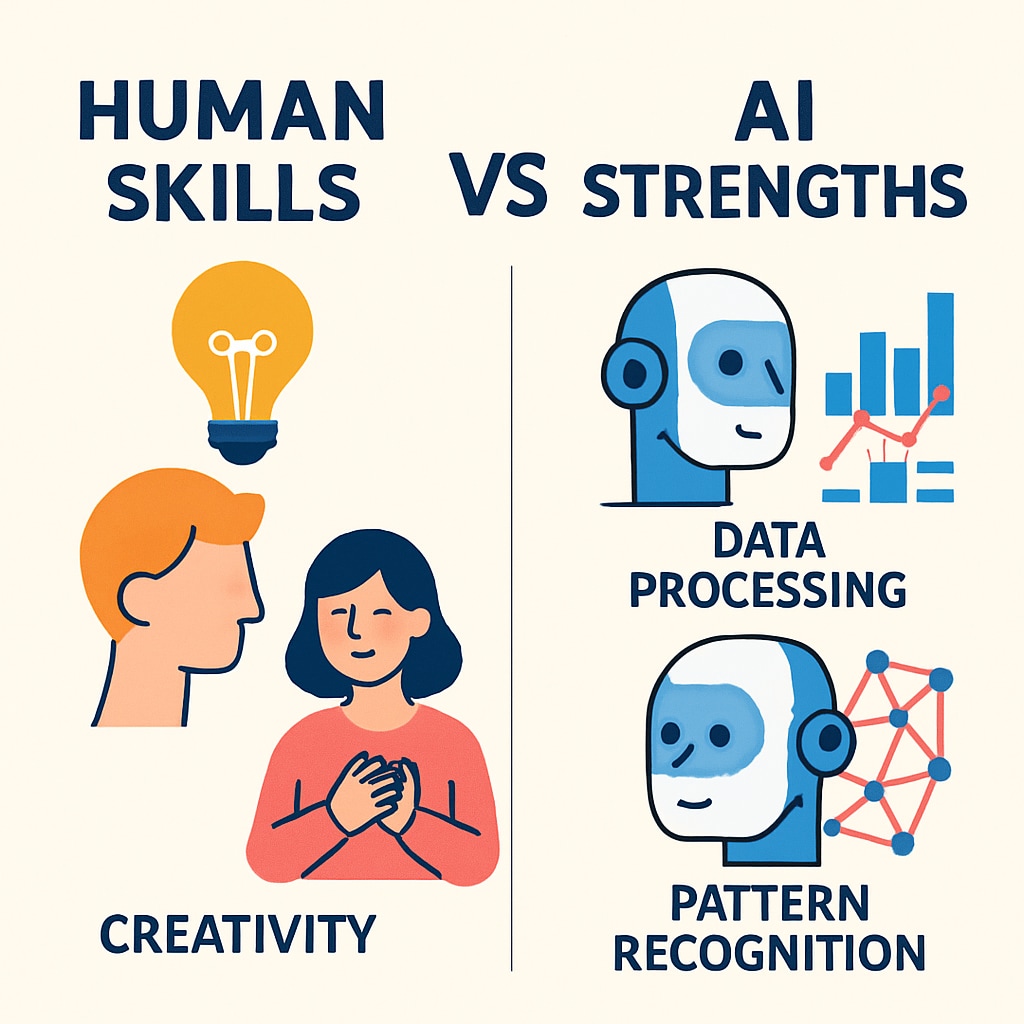The rapid advancement of artificial intelligence, higher education systems, and career prospects presents both challenges and opportunities for K12 education. As AI begins automating routine cognitive tasks, educators must rethink traditional learning models to prepare students for unpredictable job markets.

The Shifting Landscape of Learning and Employment
According to the World Economic Forum’s Future of Jobs Report, 65% of children entering primary school today will work in jobs that don’t yet exist. This transformation requires fundamental changes in how we approach education:
- From memorization to application: AI can process information faster than humans, making critical thinking more valuable than rote learning
- From specialization to adaptability: Future workers may change careers 5-7 times, needing transferable skills
- From individual achievement to collaborative problem-solving: Complex challenges require human-AI teamwork
Essential Competencies for the AI Era
Research from OECD’s Education 2030 project identifies four key skill clusters that will remain uniquely human:
- Meta-cognitive skills: Learning how to learn and unlearn outdated knowledge
- Social-emotional intelligence: Emotional awareness and interpersonal skills
- Creative innovation: Combining ideas across disciplines in novel ways
- Digital-AI literacy: Understanding and working alongside intelligent systems

Practical Implementation in K12 Classrooms
Forward-thinking schools are already testing innovative approaches:
- Project-based learning: Students solve real-world problems with AI tools
- Failure-positive environments: Encouraging experimentation builds resilience
- Interdisciplinary curricula: Connecting STEM with arts and humanities
- AI ethics education: Teaching responsible technology use from early grades
As artificial intelligence continues reshaping higher education and career pathways, the most valuable lesson we can teach students is how to continuously adapt. By focusing on these human-centric competencies, K12 educators can prepare learners not just for specific jobs, but for lifelong success in an unpredictable future.


